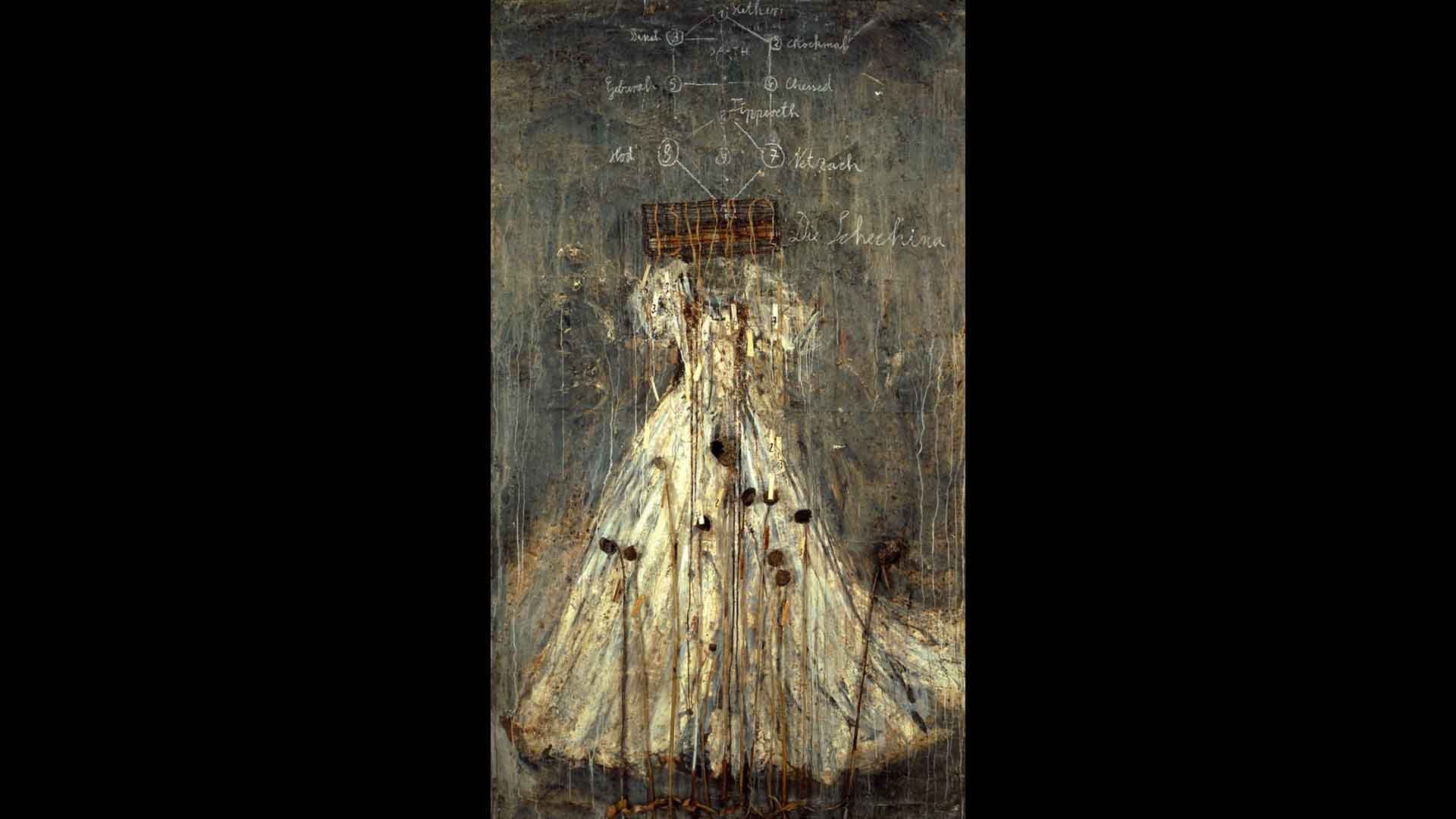In this essay, Dr. Julian Ungar-Sargon explores the Talmudic notion of learning as recollection, comparing it to the Platonic doctrine of anamnesis.
The Two Types of Discursive Study of Torah
In this essay, Dr. Julian Ungar-Sargon suggests that Torah study should include both rational and non-rational aspects, connecting to all four levels of interpretation (PRDS) to access the divine.
The Four Humors and Avoda She’beGashmiut in the Apter Rov
In this essay, Dr. Julian Ungar-Sargon explores the Rebbe’s connection of the medieval theory of the four elements/humors to the Tanhuma and Tehilim. He explores the Rebbe’s demand that we validate and grace both the introverted and unconscious aspects of our personality in his four-step analysis.
Mourning and the License to Interpret Torah
In this essay, Dr. Julian Ungar-Sargon discusses the power of the license that rabbis had to interpret the laws of mourning, and the completion of the written law by the oral tradition.
Sanctity
In this essay, Dr. Julian Ungar-Sargon explores the concept of "chiyus" in Hassidic discourse, he questions whether this is related to sanctity or an alternative matrix, and discusses various interpretations by Hassidic masters.
Becoming Israel: A Dialectical Path
In this essay, Dr. Julian Ungar-Sargon discusses Jacob's ability to connect the divine source within him to the world of ASSIYA/Action, sweetening harsh judgments and integrating the dark side of the self. He digs into the faults of Er and Onan and how they relate to Jacob's desire for serenity and avoidance of integrating the dark side of the self.
Fallen Angels: Remythologizing and Recovery
In this essay, Dr. Julian Ungar-Sargon looks at a midrashic interpretation of Genesis 6:1-4, which connects the fallen angels with the corruption of mankind and the subsequent flood. He explores the idea of incorporating non-rational aspects of the self, such as the Dionysian, in a post-Holocaust era, and calls for a return to a pagan mythical view of religion to rediscover those roots that satisfy man's blood lust.
Pulling the Wool Over the Eyes: Abimelech’s Paradoxical Gift
In this essay, Dr. Julian Ungar-Sargon examines various interpretations of the term "kesus eynayim."
The Poetry of Paradoxical Faith, Aaron Zeitlin
In this essay, Dr. Julian Ungar-Sargon discusses the poetry of Aaron Zeitlin which reflects his survivor guilt and struggle for faith after losing his entire family in the Holocaust.
The Two Torahs-Deut. 17:18-20
In this essay, Dr. Julian Ungar-Sargon discusses the Talmudic notion that a king must write two Torah scrolls, one that goes with him wherever he goes, and one that is kept in his treasury. He puts forward an interpretation of this concept in which two revelations are implied, one public and one uniquely private, but both of equal authority.
Schechina Consciousness II
In this essay, Dr. Julian Ungar-Sargon discusses the evolution of the notion of Schechina from Reb Nachman's work to the Degel Machaneh Efraim and how the feminine Divine was an essential and is a forgotten aspect of worship.
Thoughts From Jerusalem
In this essay, Dr. Julian Ungar-Sargon discusses the interpretation of the verse "which if a man does, he shall live by them: I am the LORD" and its connection to the concept of divine manifestation in the world. He explores the ideas of Reb Hershy and the Degel, who suggest that humans have the power to manifest the divine in both hidden and revealed manners.
"Manna From Heaven" and the Taste of God
In this essay, Dr. Julian Ungar-Sargon shares some Torah from the Degel on parshat Beshalach.
Textuality, Narrative and Mysticism
Dr. Julian Ungar-Sargon shares some Torah from his dear friend Reb Hershy and delves into the Degel’s take on parshat Bo.
Tiferes Shlomo on Rachel and Leah
In this essay, Dr. Julian Ungar-Sargon offers his take on the Tiferes Shlomo’s reading of Rachel and Leah.
The Lion Who Destroys But Also Rebuilds
In this essay, Dr. Julian Ungar-Sargon discusses the significance of the lion in Jewish culture and mythology.
Corpse and Mirror II by Jasper Johns
The Divine Twin
In this essay, Dr. Julian Ungar-Sargon delves into a Talmudic discussion of Deuteronomy 21:22-23, which prohibits leaving a human corpse hanging on a pole overnight. He explores the implications of this parable in relation to the Holocaust and the question of where God is in times of suffering.
The Blind Fiddler
In this essay, Dr. Julian Ungar-Sargon explores the parable of the king and the violinist and how the story raises questions about the nature of religious observance and the role of passion in it, as well as the morality of the king's actions. The interpretation of the parable is left open to discussion and debate.
Parables and Princesses
Int his essay, Dr. Julian Ungar-Sargon discusses the use of parables in early Tannaitic midrashim to explore the relationship between the feminine hypostasis and the world. He draws on the work of Rabbi Nachman of Bratzlav to explore the tragic consequences of the split within the divine and the paradox of creation.
Tikkun Olam Revisited
In this essay, Dr. Julian Ungar-Sargon explores the various meanings and uses of the term "tikkun olam" in Jewish thought and practice.




















